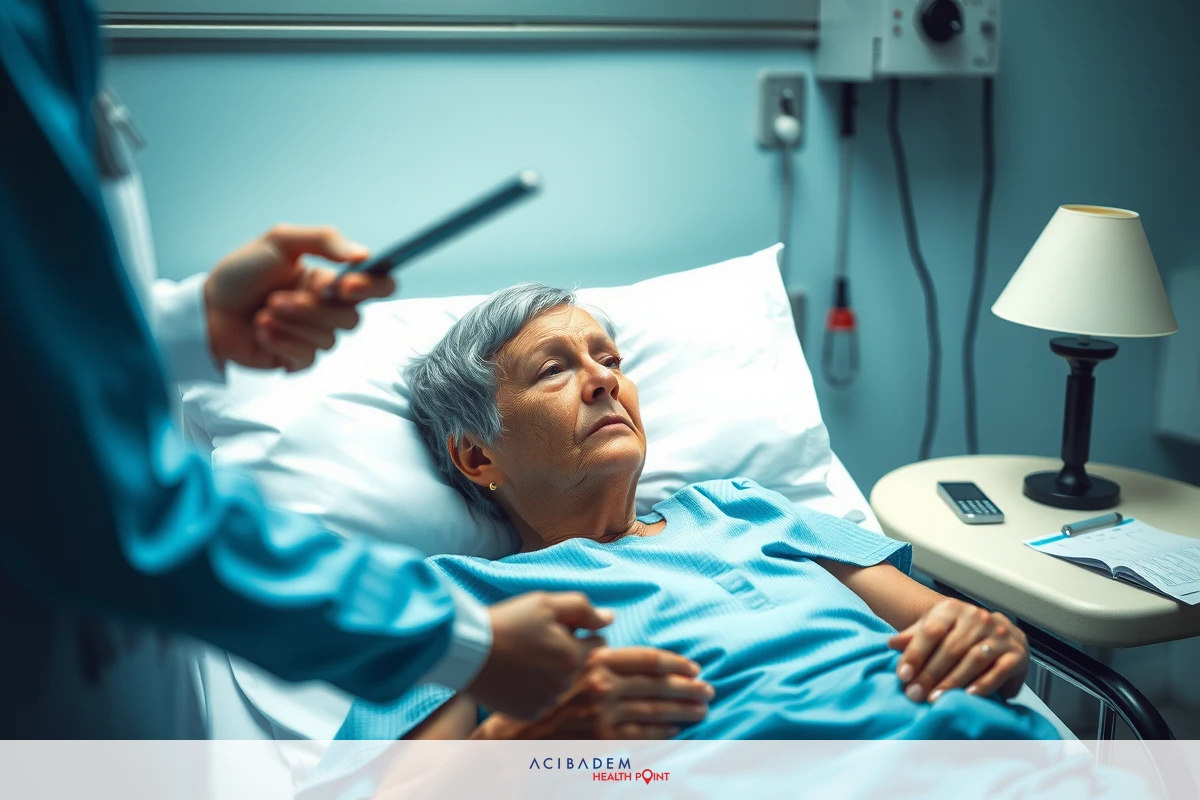What are common complications during colorectal cancer treatment?
What are common complications during colorectal cancer treatment? Colorectal cancer can be a daunting diagnosis. Yet knowing what to expect can help ease some worries. When you or someone close undergoes treatment it’s vital to understand the possible bumps along the way.
Chemotherapy and radiation therapy often play key roles in treating this type of cancer. They work hard to fight off bad cells but also come with their own set of challenges. You might feel tired, have skin problems, or face other side effects.
Surgery is another common step in fighting colorectal cancer. While it aims at removing harmful parts from your body recovery might bring its own hurdles like infections or pain that need careful management. By being prepared for these possibilities you can better navigate through each day with more confidence and less fear.
What is colorectal cancer?
Colorectal cancer affects the colon or rectum. It starts in these parts of your body and can grow over time. This type of cancer is quite common especially in older adults. Early signs might include changes in bowel habits, blood in stool, or persistent stomach pain. Catching it early can make a big difference.
Doctors use various tests to find colorectal cancer. A colonoscopy is one such test where doctors look inside your colon with a camera. Blood tests and imaging scans also help diagnose this condition. These methods aim to catch the disease early when it’s easier to treat.
Treatment for colorectal cancer often involves surgery, chemotherapy, or radiation therapy. Surgery aims to remove the tumor from your colon or rectum. Chemotherapy uses drugs to kill bad cells but may bring complications like nausea and fatigue. Radiation targets specific areas but could cause skin problems as well.
Living with colorectal cancer poses challenges beyond just treatment complications; emotional support becomes crucial too during this period.
What are common complications during colorectal cancer treatment?:Side effects of chemotherapy
Chemotherapy can be a crucial part of treating colorectal cancer. Yet it comes with its own set of side effects. One common issue is nausea which can make eating and drinking hard. You might feel sick to your stomach often. This feeling can last for hours or even days.
Fatigue is another big challenge during chemotherapy. Many people find they have less energy to do daily tasks. Simple chores like cooking or walking may seem too much at times. Resting more helps but sometimes the tiredness feels overwhelming.
Hair loss is also a well-known side effect of chemotherapy. Losing hair can affect how you feel about yourself. It’s tough seeing changes in the mirror each day. Some choose wigs or hats to cope better with this change.
Other side effects include mouth sores and low blood counts leading to infections easily becoming problematic within one’s system over time.
Radiation therapy risks
Radiation therapy is a common treatment for colorectal cancer. It uses high-energy rays to kill bad cells. While it

aims at the tumor it can affect nearby tissues too. One of the main side effects is skin irritation. The treated area may feel red or itchy.
Fatigue is another risk of radiation therapy. You might feel very tired after sessions. This tiredness can build over time and last for weeks even after treatment ends. It’s important to rest and take care of yourself during this period.
Long-term risks include possible bowel issues. Radiation can cause changes in how your bowels work leading to problems like diarrhea or constipation later on. These issues might not show up right away but can become apparent months or years down the line.
Other potential complications involve bladder control problems and sexual function changes due directly towards ongoing treatments.
Surgical complications
Surgery is often a key step in treating colorectal cancer. The goal is to remove the tumor and any affected areas. However surgery comes with its own set of risks. One common issue is infection at the surgical site.
Bleeding during or after surgery can also happen. It’s important for doctors to monitor this closely. Sometimes additional procedures are needed to control bleeding. This can extend your recovery time and add more stress.
Recovery from surgery varies based on the type you have. Some people bounce back quickly while others need more time to heal fully. Pain management becomes crucial during this period as well.
Other possible complications include bowel obstruction or leakage where parts were joined together.
Managing pain during treatment
Pain management is key during colorectal cancer treatment. Many patients face different levels of discomfort. This can be due to surgery, chemotherapy, or radiation therapy. Each type of treatment brings its own set of challenges.
Doctors often use medications to control pain. These can range from over-the-counter drugs to stronger prescription options. Your doctor will choose what’s best for your specific needs. It’s important to follow their advice closely.
Other methods also help manage pain effectively. Techniques such as physical therapy and relaxation exercises can provide relief too. Some people find comfort in activities like yoga or meditation which help ease the mind and body.
Communication with your medical team is crucial.What are common complications during colorectal cancer treatment?
What are common complications during colorectal cancer treatment?:Frequently Asked Questions
What are the early signs of colorectal cancer?
Early signs may include changes in bowel habits, blood in stool, and stomach pain.
How is colorectal cancer diagnosed?
Doctors use tests like colonoscopies, blood tests, and imaging scans to diagnose it.
Can lifestyle changes help during treatment?
Yes eating healthy foods and staying active can make a big difference.









